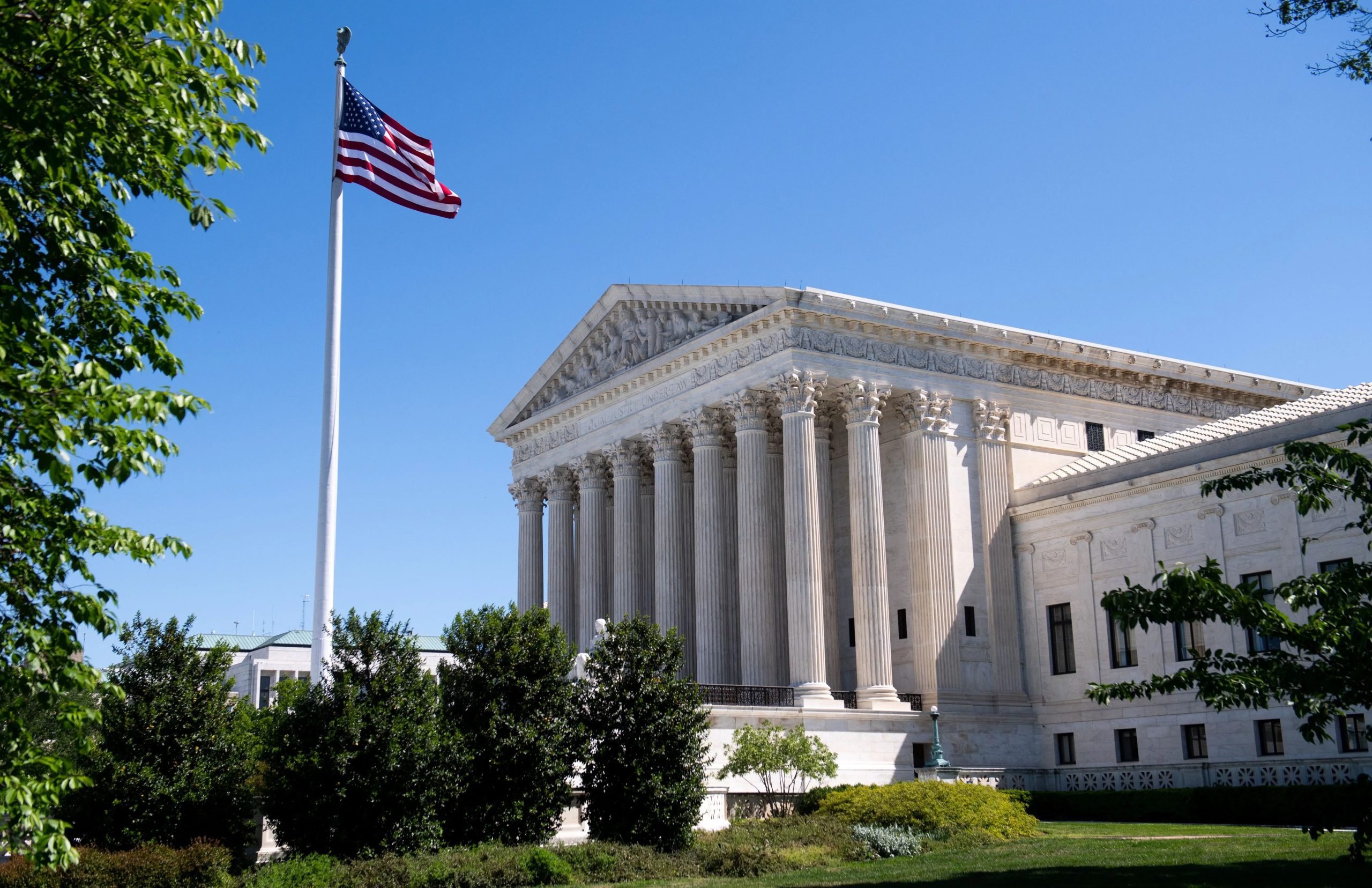Four years ago, the United States Supreme Court enjoyed unparalleled trust in Washington. However, as it approaches the end of another potentially transformative term, public faith in the court has dwindled.
Gallup reports a 20-point drop in trust from 2020 to 2022, reaching a record low of 47%. For the first time, a plurality of Americans (42%) perceive the court as “too conservative.” The erosion of trust is largely driven by partisanship, particularly since late 2020 when the court shifted to a 6-3 conservative majority.
This shift has coincided with several high-profile decisions favoring conservative policies, such as overturning abortion rights and expanding gun rights. While Republican confidence in the court remains stable, trust among Democrats and some independents has plummeted.

Though smaller than in previous years, the court’s docket is dominated by politically charged cases. This concentration of controversial cases has intensified public scrutiny. Additionally, ethical controversies involving justices and their public statements have contributed to a perception of distrust.
The court’s decisions this term could further shape public trust. Former President Donald Trump‘s claim of immunity from criminal prosecution while in office, being argued on Thursday is a particularly consequential case. Another case involves restrictions on medication abortion, which accounted for a portion of all abortions in the U.S. last year.

To rebuild trust, legal experts emphasize the importance of the court acting humbly and avoiding drastic shifts in the law. Historically, the court’s moderation and ability to maintain balance have bolstered public confidence.
However, recent decisions perceived as partisan have undermined this trust. The court’s legitimacy, essential for its function as an impartial judge, depends on restoring public faith over time.

